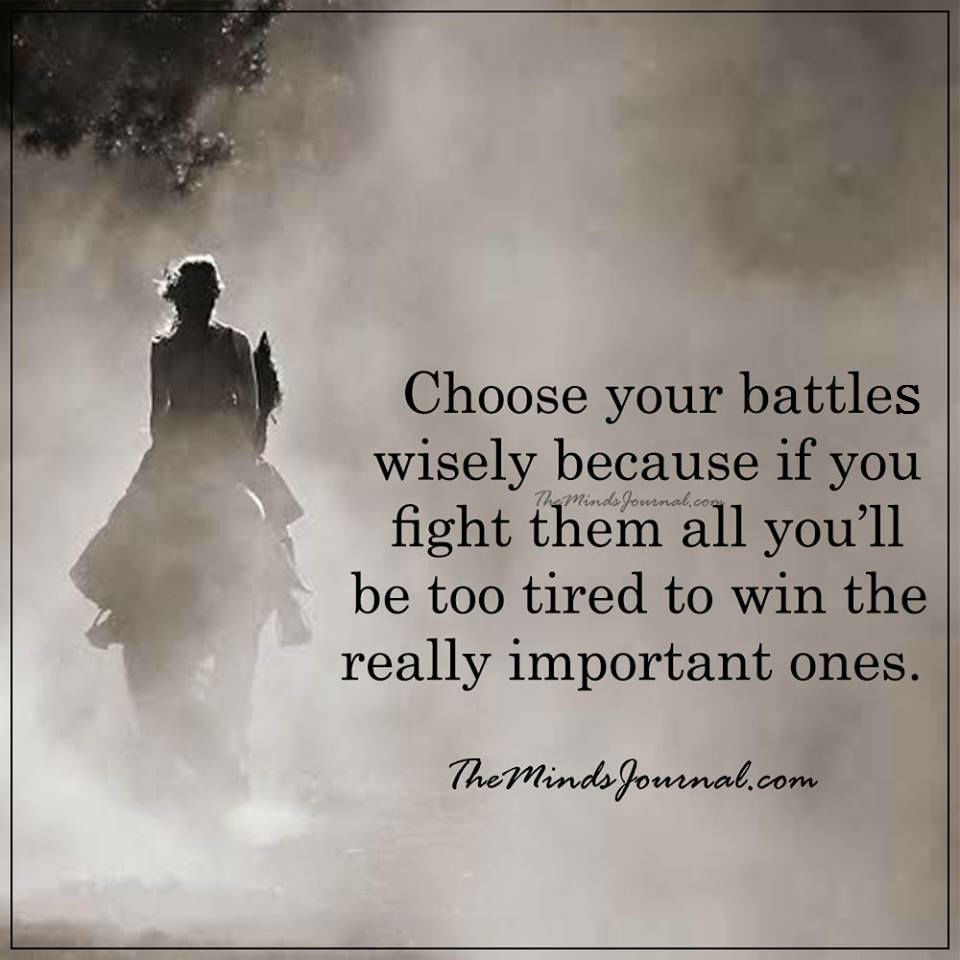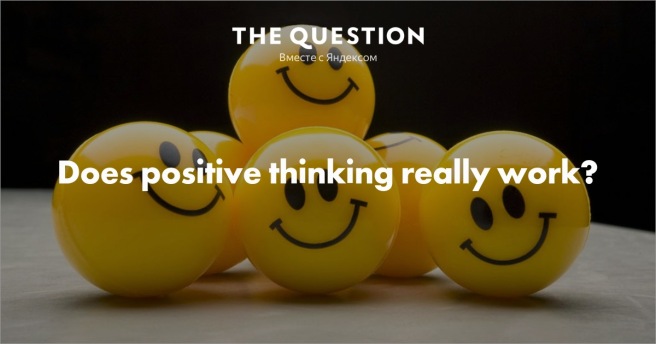
A coaching client, Niki (name changed), came to me in January. Before I take on a client, we have an informal chat to see if we are a good ‘fit’. I establish an environment of trust so that my client feels they can be open, without the fear of being judged. Niki was confused and at place where she felt low on confidence, frustrated and restless. She was 27 years old and had been away from the corporate world for 2 years. She had spent 1 year of that travelling and discovering herself, and the other year working on her fitness. She came to me because her parents were pressurizing her to get back to work and felt she was wasting her time. Her boyfriend was pressurizing her to take their relationship to the next level (meeting his mum). Her brother was pressurizing her to work in PE again. On top of that, she was putting constant pressure on herself to lose more weight and when the scales wouldn’t budge, she would feel frustrated. Bottomline – she was being pulled in all different directions and felt helpless. She was unsure of what she wanted and felt a vacuum. And she couldn’t understand why. She was well off, had loving parents, loved her fitness regimen, had a great bunch of friends and a loving boyfriend. In fact, she felt guilty for feeling the way she did.
As a coach, I wasn’t there to give Niki advice. I was there to help her gain clarity on what she wanted to do and to work with her to create balance in her life. One of the first sessions we did was discovering her core values. This process takes a few hours and, for me, is something I do with all my clients. It is an extremely powerful process and the results are phenomenal.
Why is it so imperative that we know our core values? Our values serve as a compass, that can guide us in every decision we make. We may be successful or have a great job or a great bank balance, but if our core values are not being met, then we will feel an emptiness or vacuum. As a coach, I don’t believe in superficial coaching, where you just set an outcome and then create SMART goals. I want to get in deep and help a person identify who they are at their core. I believe that if we live a life that meets our values, we will be far more happy, fulfilled, successful and balanced. We won’t feel the vacuum.
Together we identified Niki’s top 10 core values and her top 3 were Challenge, Love, and Understanding. I distinctly remember hearing a sigh of relief from Niki and could see the cobwebs of confusion clearing. Identifying her core values suddenly enabled Niki to make sense of the way she reacted to people or situations. It allowed her to gain insight into what drove her and what path she needed to take ahead. It made her realise why she was feeling that vacuum – her values were not being met.
Jump forward to the present – Niki has learnt to bring her core values into her decision making process. This has led to far more clarity in who she is and what she wants out of life and where she is heading. There is more balance, harmony and focus in all areas of her life. The vacuum that once existed has gone and she is well on her way to achieving the life she wants.
Do you Value your Values?
by Sheila Navlakha
#ICF ACC Performance Coach #Communications Expert #Extreme Impact #Communicate with Power











